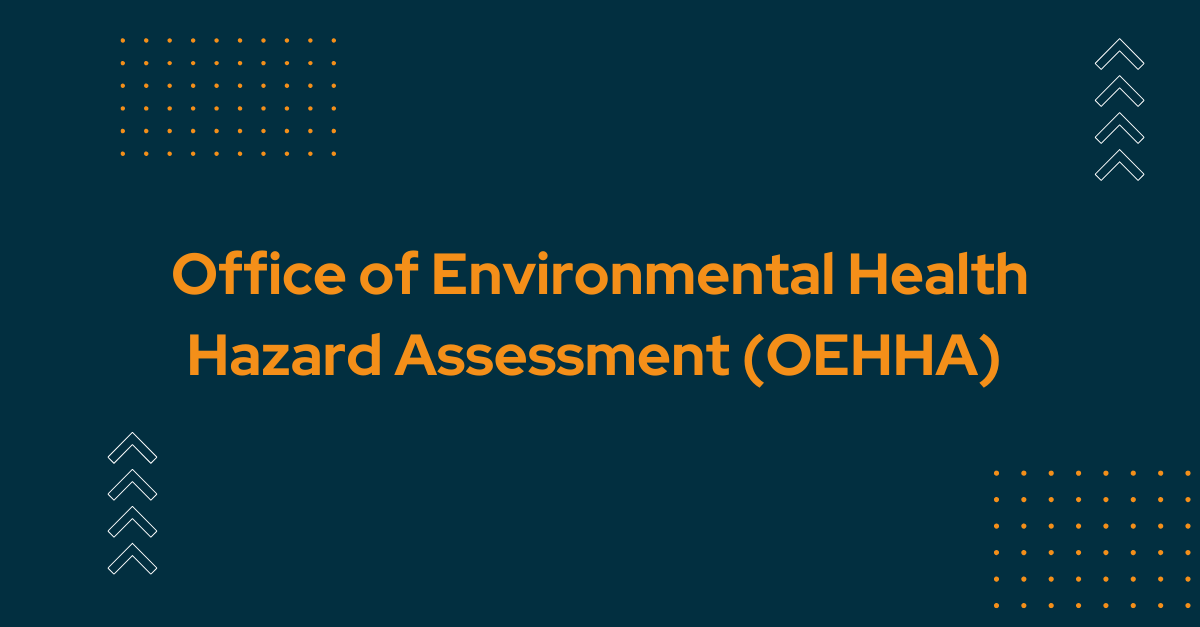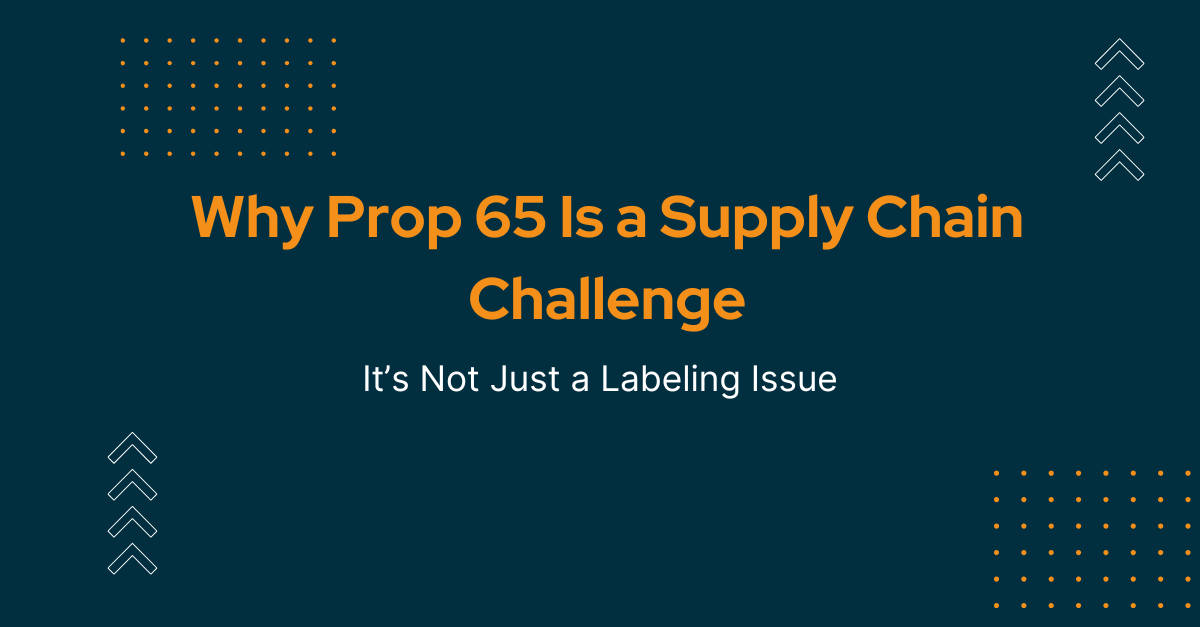Table of Contents
California’s Proposition 65 (officially the Safe Drinking Water and Toxic Enforcement Act of 1986) is one of the most stringent chemical safety laws in the U.S., and it directly impacts electronics manufacturers selling into California. If your products contain chemicals known to cause cancer or reproductive harm—and those chemicals can result in consumer or workplace exposure—you’re legally required to provide a clear warning.
As of 2025, new updates to Prop 65 labeling rules are reshaping how electronics brands must disclose chemical risks. This blog explains the basics, highlights current updates, and gives manufacturers the checklist they need to stay compliant.
What Triggers a Prop 65 Warning?
A Prop 65 warning is triggered not by the presence of a listed chemical alone, but by the potential for exposure to that chemical above a defined risk level.
- Common Chemicals in Electronics That May Require Prop 65 Warnings
- Lead (used in solder)
- Phthalates (DEHP, DBP, BBP) in cables, plastics, or coatings
- Cadmium, Nickel, Flame Retardants (TBBPA)
If a listed chemical is present and exposure may occur during regular use, repair, disposal, or foreseeable misuse—you need a warning.
- 2025 Updates to Short-Form Prop 65 Warning Requirements
In January 2025, the California Office of Environmental Health Hazard Assessment (OEHHA) amended Prop 65 short-form warning label requirements.
- What Changed:
- Chemical Name Requirement: Short-form warnings must now include at least one listed chemical.
- Label Visibility: Must appear prominently before purchase—in-store and online.
- Grace Period: Products labeled before Jan 1, 2028 can continue using legacy short-form warnings.
- New Short-Form Format Example:
⚠️ WARNING: This product can expose you to lead, which is known to the State of California to cause cancer and birth defects. For more information, go to www.P65Warnings.ca.gov.
Prop 65 Compliance Checklist for Electronics Manufacturers
- Assess chemical exposure in every product and material (not just presence)
- Label with specificity: Name the chemical if you use a short-form warning
- Include warnings in online listings (webshop, Amazon, etc.)
- Document Safe Harbor evaluations—for NSRL (cancer) or MADL (reproductive harm)
- Coordinate with suppliers to validate substance data in components
- Maintain compliance records for at least 3–5 years
Penalties for Non-Compliance
- Civil penalties up to $2,500 per day, per violation
- Lawsuits from private enforcers (including attorneys and NGOs)
- Product removals from shelves or Amazon
- Damaged brand trust and legal costs
How Acquis Helps Electronics Brands Stay Prop 65 Compliant
Acquis simplifies chemical compliance for manufacturers with:
- SVHC & Prop 65 chemical screening
- Automated exposure risk alerts
- Short-form label validation workflows
- Supply chain documentation tools (FMD, SDS collection)
Request a Demo to automate Prop 65 labeling and risk assessments



